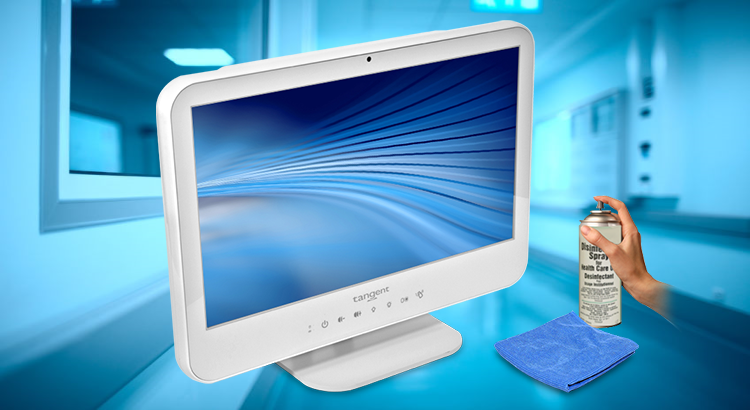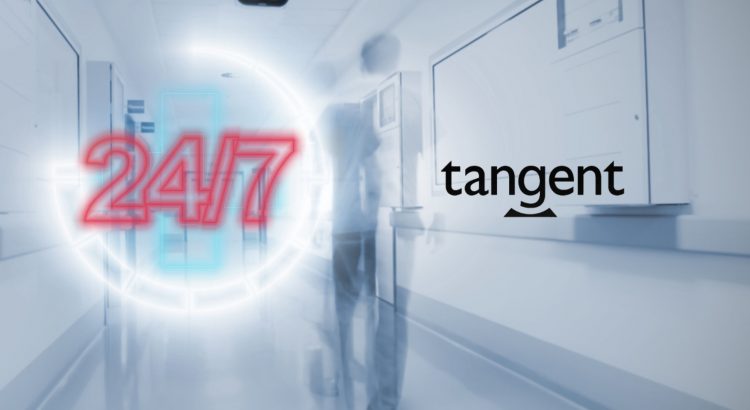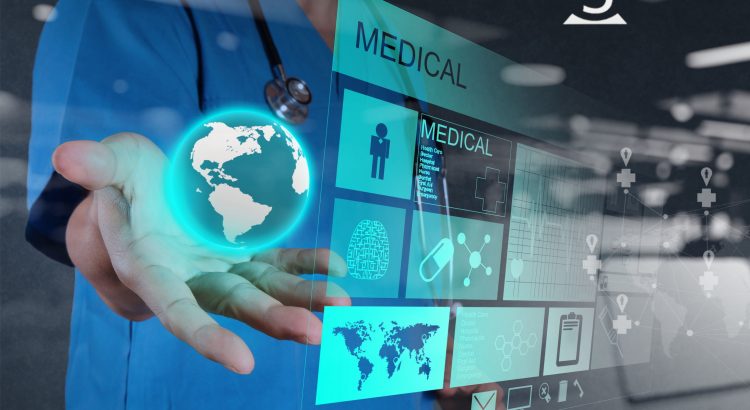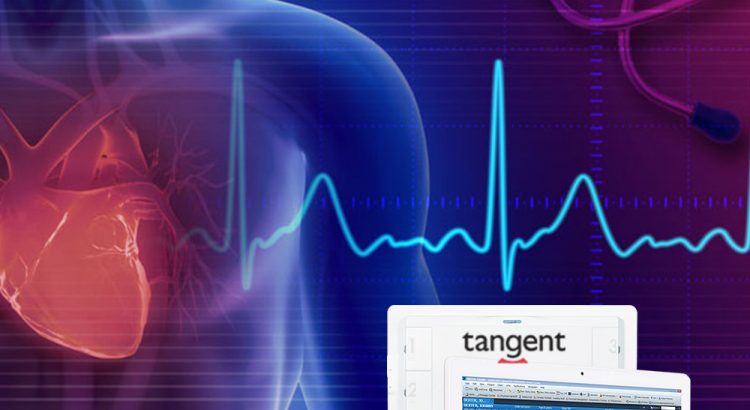Now more than ever, washing your hands is crucial to staying healthy. Touching a surface that someone else has touched without washing their hands is part of the infection process. However, making sure that the surface is regularly cleaned is an effective way of reducing the risk of this happening. To that end, Tangent has […]
Tag: Medical Technology

Sanitizable Computers For 24/7 Use
While the current situation the world faces is unprecedented, the healthcare industry has stepped up to make sure that the world remains as safe as possible. Hospitals around the country have made due with limited supplies as supplies of PPE. Working around the clock, hospitals and healthcare workers have stepped up to the plate and […]

Telehealth Computers: How to Effectively Set Up Your Hospital
In these times, it is becoming increasingly risky to have healthy patients enter hospitals where they can easily become disease vectors. Because of this, many hospitals are transitioning doctor visits to telehealth visits. Telehealth refers to medical computer based doctor visits, where a doctor uses a medical computer to video-chat with their patient. Telehealth has […]

Sanitizable Computers Designed For Pop Up And Mobile Clinics
Sanitizable Computers Designed For Pop Up And Mobile Clinics Burlingame, CA 3/27/20 – As the world comes together to stave off the coronavirus pandemic, Tangent Computer Inc. has repurposed medical computers in their medical grade computer lineup to be fully usable by pop up and mobile clinics in order to ensure these facilities are fully […]

What Does “Medical Grade” Mean?
You may see the term “Medical Grade” floated along by many manufacturers these days in your search for proper medical equipment. Everyone, from dentist chair manufacturers to medical grade computer manufacturers, lays claim to the term, implying that their product meets the true definition. While there is no central body that organizes the term “Medical […]

Medical All-In-One PCs for 24/7 Use
As one of the most trusted public services, healthcare facilities have an obligation to serve those in their community. Health emergencies can happen at any time, and as such hospitals are expected to be open 24/7. While medical staff can be shifted so that the hospital is constantly staffed and prepared for emergencies, the same cannot […]

Fanless Medical Computers For Operating Room Use
Of the 27 million surgeries performed every year in the United States, 5% result in a Surgical site infection (SSI). A SSI is labeled as such when an infection occurs within 30 days of surgery or within one year of a foreign object being implanted in the body. While this number may seem low, the […]

The Importance Of Antimicrobial Medical PCs
We all like to think of hospitals as places in society where people go to get healthier, and for the most part this is true. However, this is not always the case as hospitals can inadvertently become breeding grounds for harmful diseases. The CDC estimates that each and every day, 1 in 31 hospitals will […]

How To Prevent Critical Electronic Health Records Mistakes
There’s no doubt that medical grade computers have made hospitals safer, more productive environments to treat patients. From their antimicrobial coating which mitigates the growth of nosocomial infection causing bacteria to their robust IP certified water resistance, medical grade computers have made a lasting impact on the quality of care provided to patients. Sadly, […]

Every Minute Counts with Cardiac Arrest
When cardiac incidents occur in a hospital, every minute that passes can be a factor in whether the patient survives or not. According to Heart.org, in 2016, only about 25 percent of U.S. patients survived when their hearts stopped in a hospital. With how busy medical staff are and the amount of alerts going off […]
